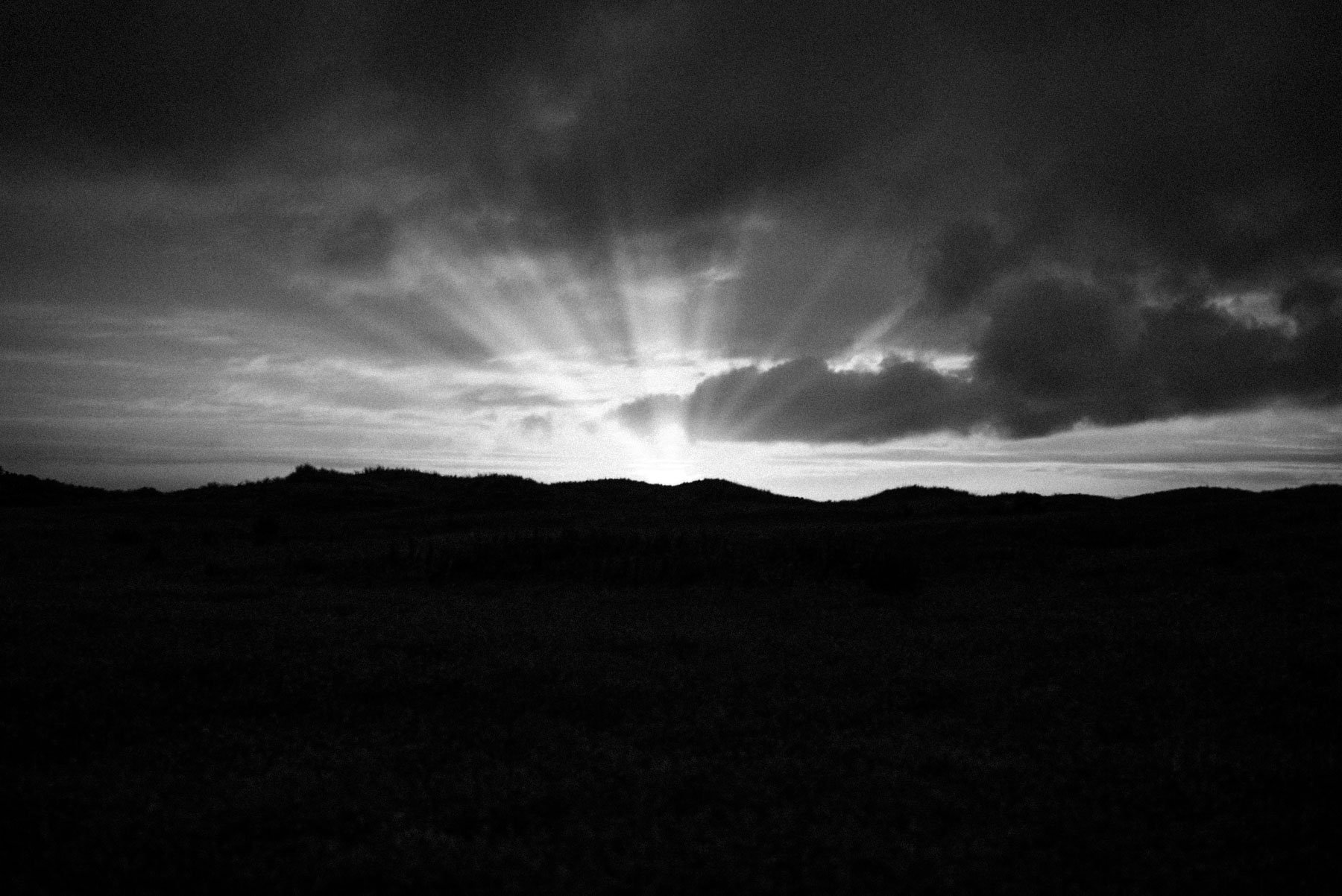
Rain or shine
Recently I was walking to work in the early hours of dawn when suddenly the clouds closed above and the sky fell. It felt like I was in my morning shower again. My clothes were soaked, my shoes wear wet through. I didn't have a change of garments or even a towel to dry off once I reached work. I would enviability be drenched, dripping through the foyer. Whilst I was walking in the rain, the motorway onramp was adjacent to me. Figures peering, warm, dry, comfortable in their metal cages on wheels. Void of smiles resulting from the congestion of traffic. But I had a smile on my face. I was happy. Outside walking in the cold wet rain, it made my day.
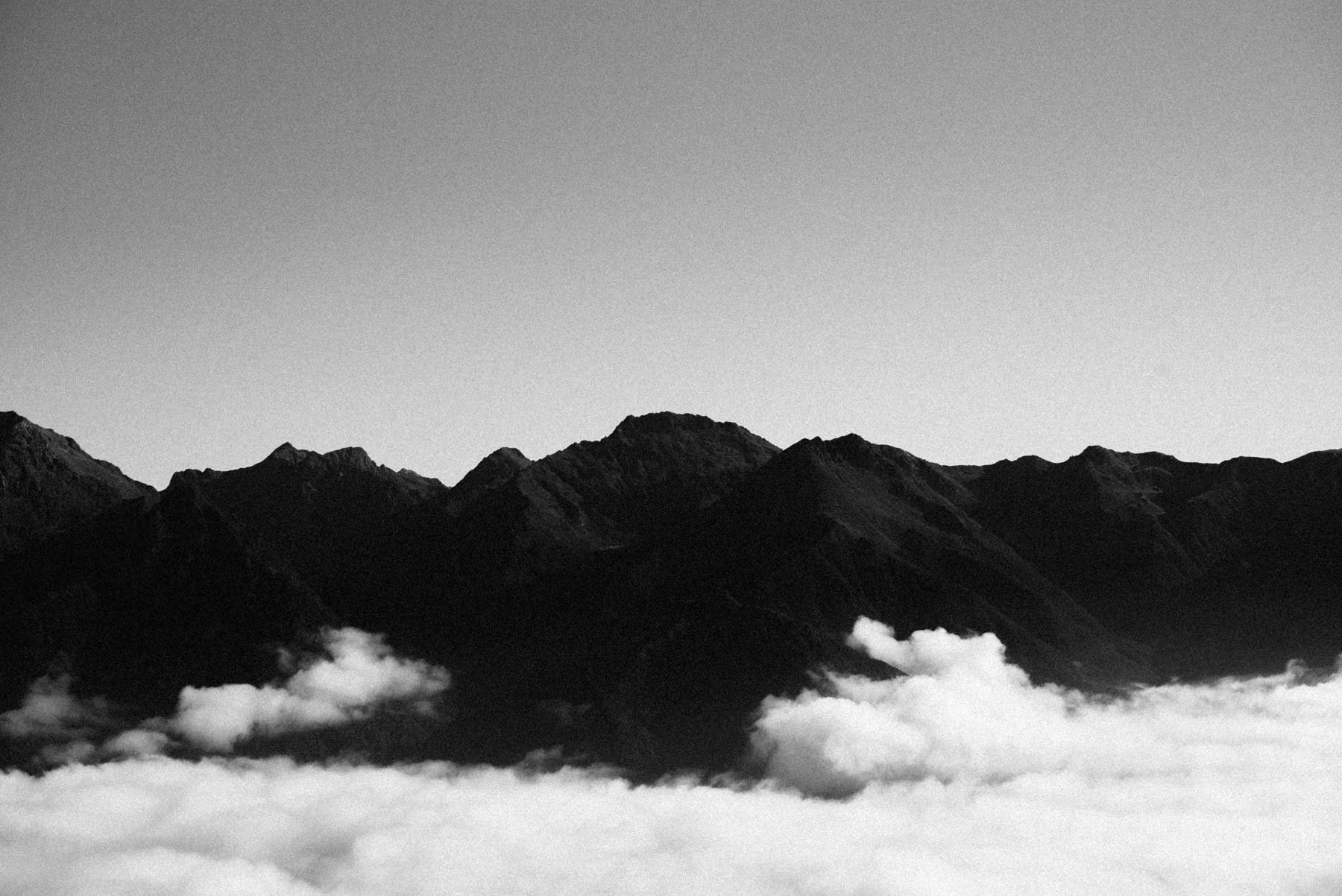
The photography genre minimalism
It’s no lie that Minimalism is the direct contrast and was brought to light from the juxtaposition of over-consumption. All trends start from the opposite, a rebellious movement around social norms. Minimalism isn’t new, its aesthetic has been around since the 1600s from Japan. Then later the word 'minimalism' was coined as an art movement in the 1960s. Today it is associated with an aesthetic and the juxtaposition of hoarders. But what I am interested about the photography genre minimalism is the appeal. The need, want and visually pleasing nature of minimalism.
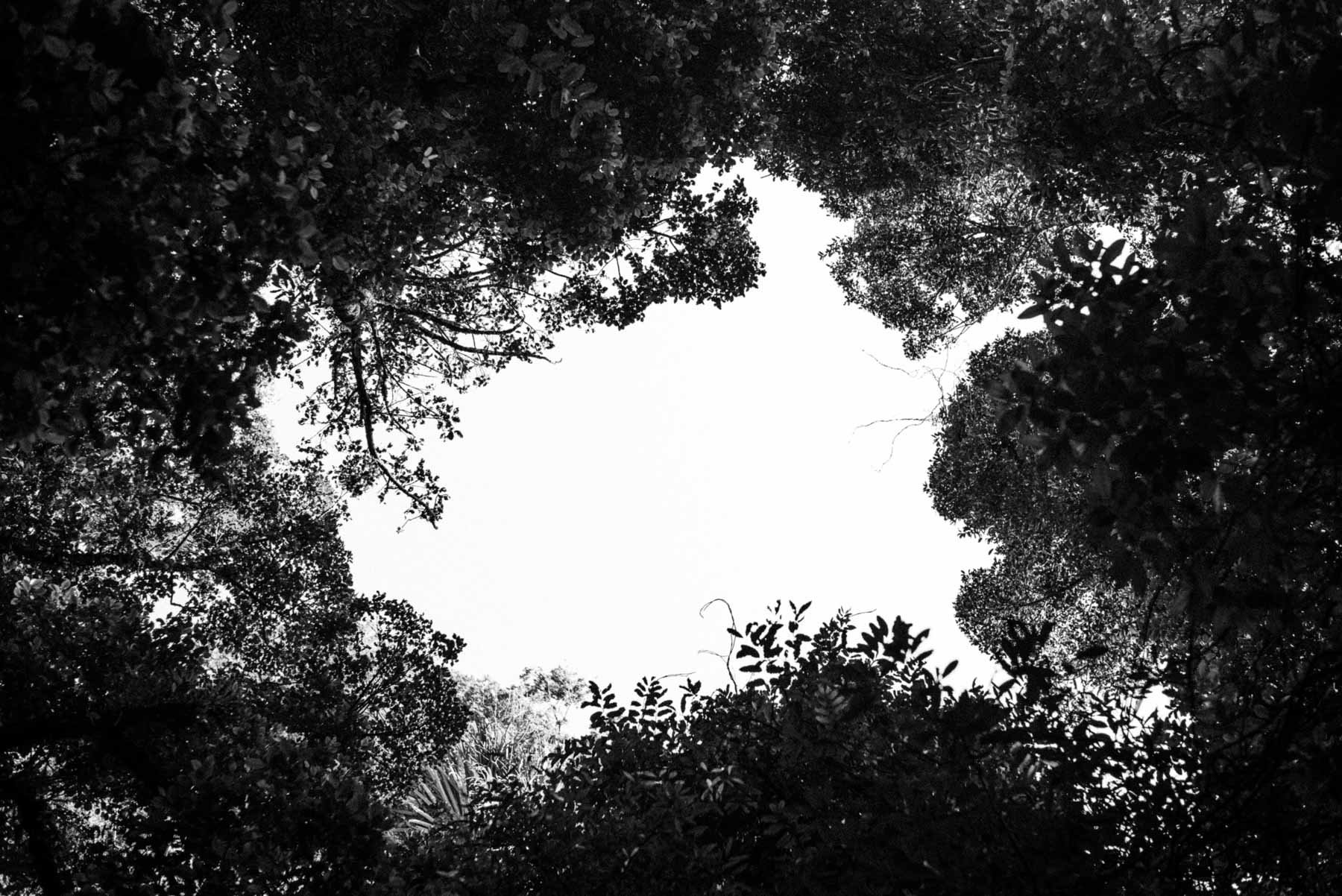
Start where you are
Start where you are, use what you have, do what you can. Doing something now is exceedingly more important than thinking about doing something later. Success is more a product of habit than it is of skills and resources. The great masters of photography used gear that would be considered obsolete for today's standards. If they can capture photographs that influenced people, there is no reason you can't do the same.
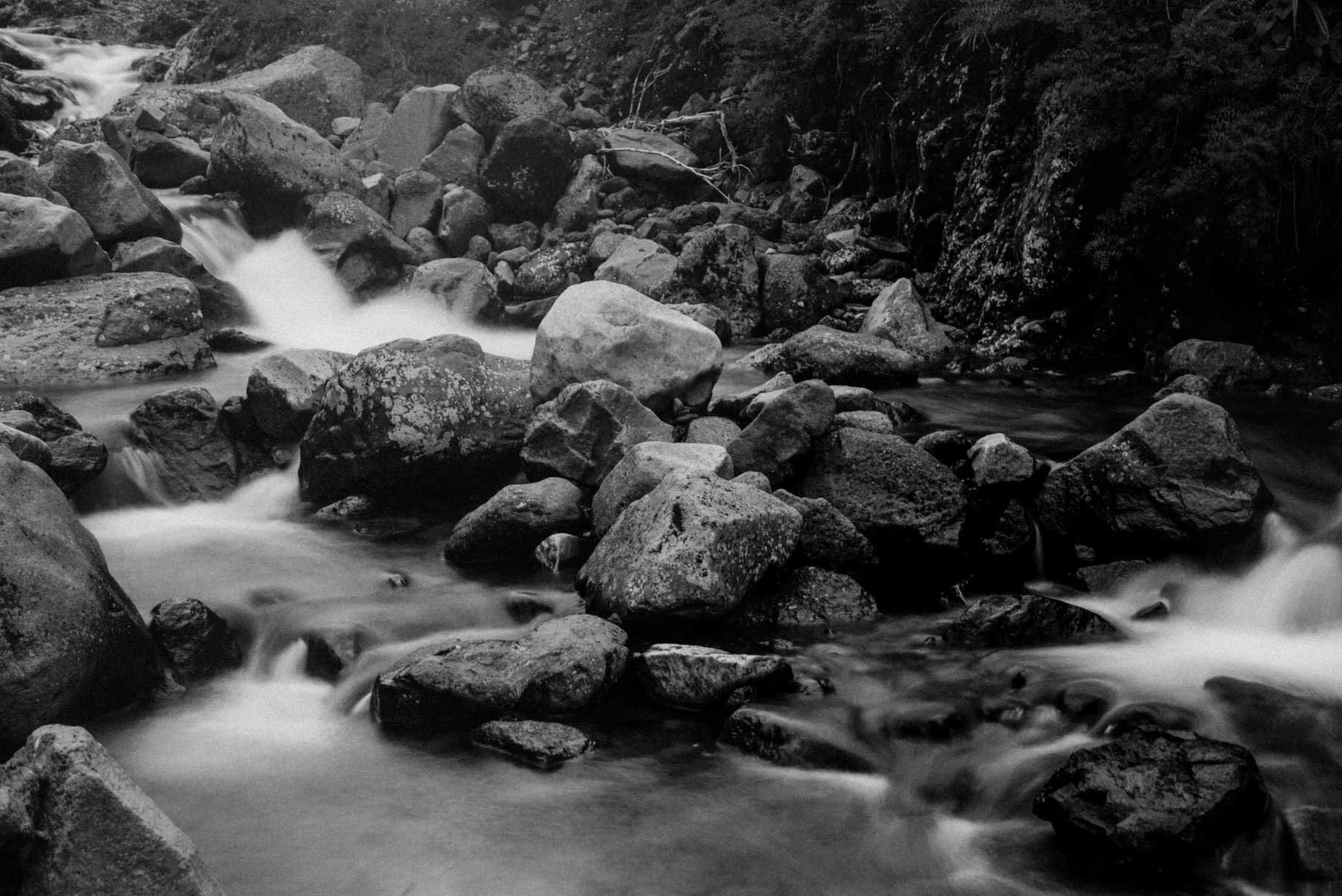
Habits make the artist
As artists, we all know what good work looks like. We know it's difficult to achieve good work, but we strive regardless. It can sometimes feel like we are Sisyphus, but instead, we never reach the peak of the mountain. The road to becoming a successful artist however you interpret it can be arduous, for there isn’t a standard path. In our hearts we know we can't just follow a guidebook, mentor or degree to reach it. Which can be frustrating, the not knowing. The passage one must take is unprecedented, a route only an individual can charter through.
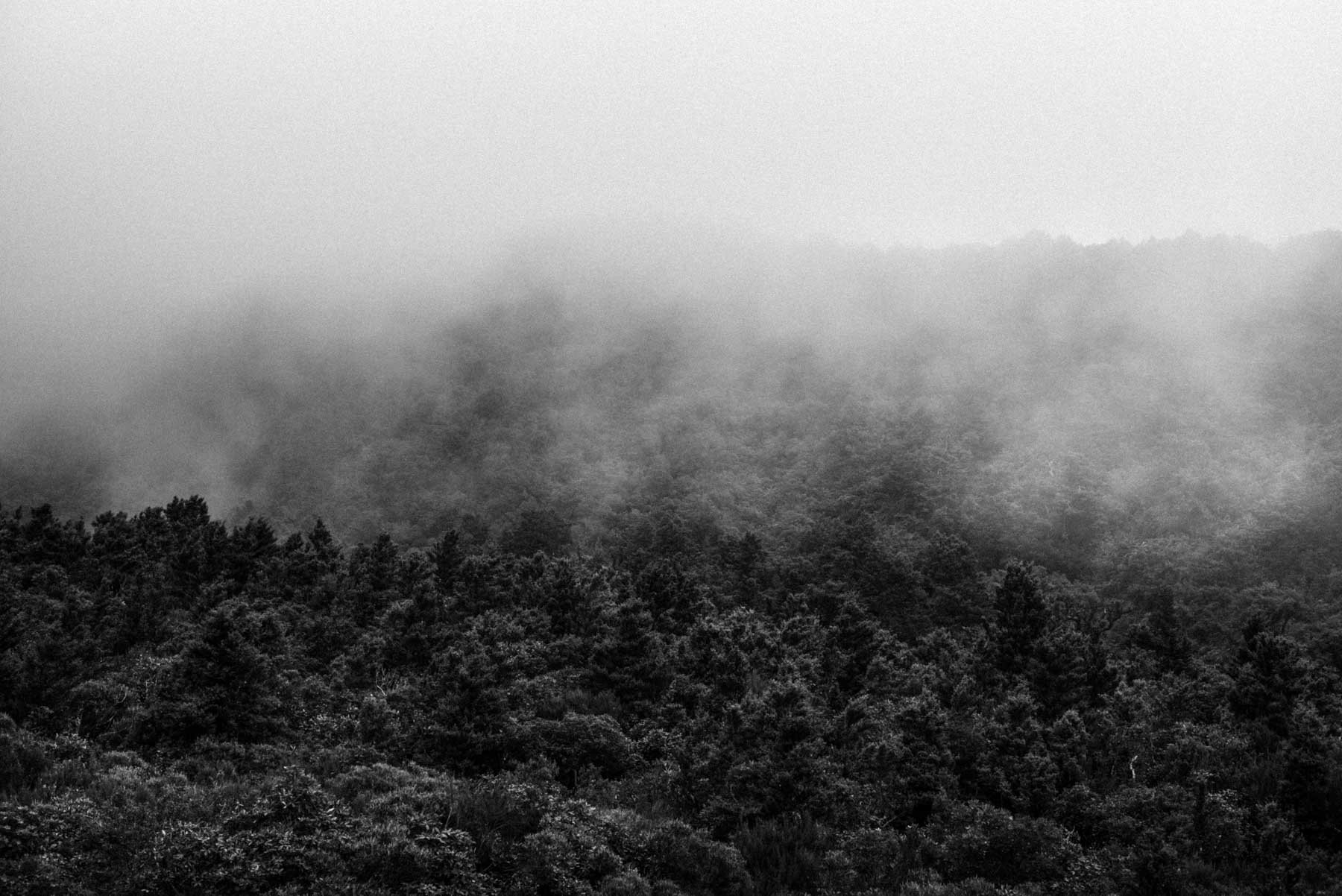
Meaningful content in the attention economy
I'm sick of reading misleading titles with catchy thumbnails that use bold fonts that have nothing to do with the content except for the sole purpose of catching your attention so you click on it. We live in a world where people spend more time trying to be heard rather than focusing on what to say. Do you really think that meaningful content is manifested just to get more likes? Great work comes from the soul, from a place of meaning, purpose, a personal story, a creative exploration into one's self.
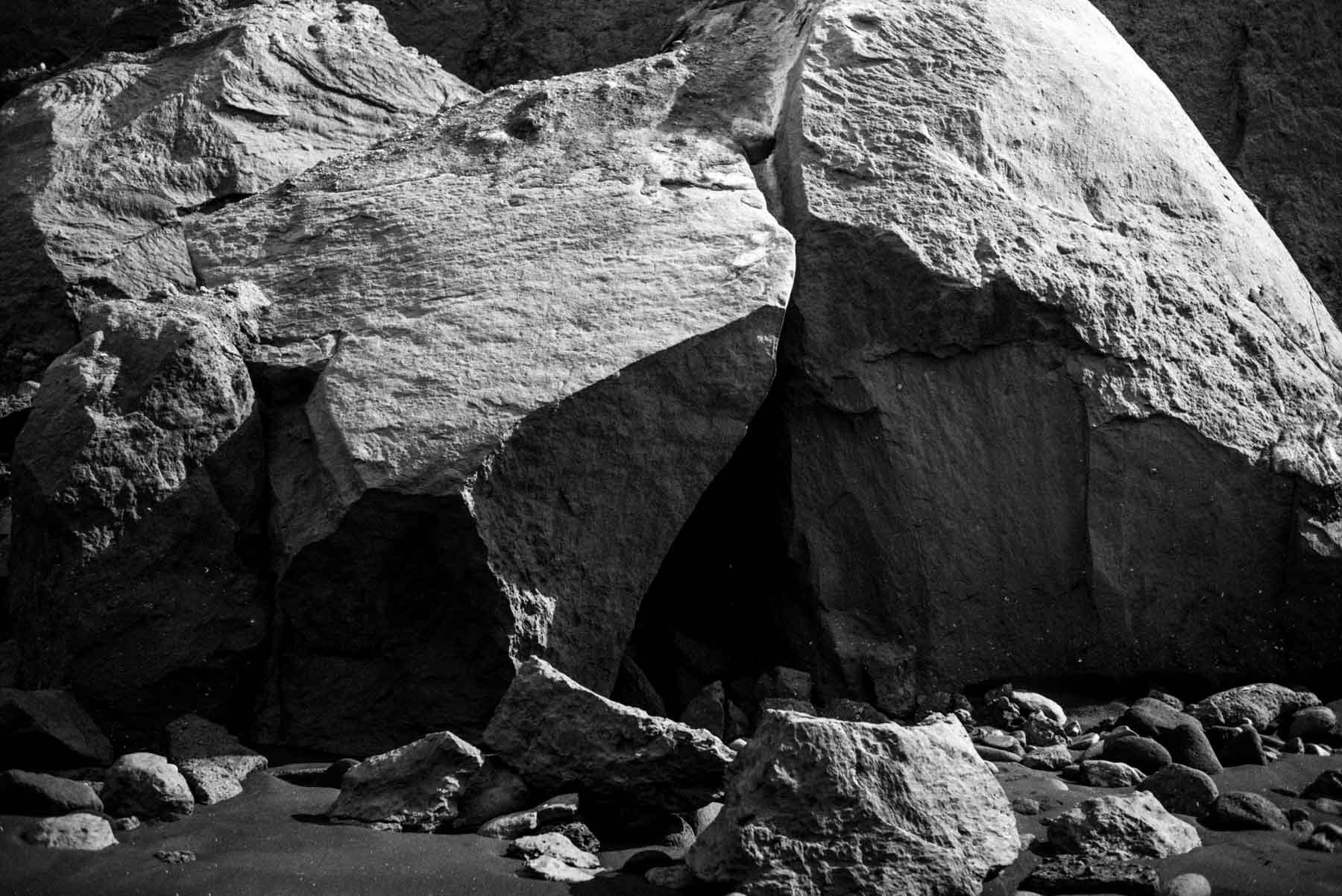
Obsolete
There are many items in our creative journey that make our lives easier. Today technology and advancements in photography make our old gear obsolete very quickly. But we still cling to these obsolete artefacts. As photographers, we hold tightly to the things of the past, not because they don't work anymore but in hopes, we will use them. Forever sitting on a shelf collecting dust waiting for someday, a day that will never come.
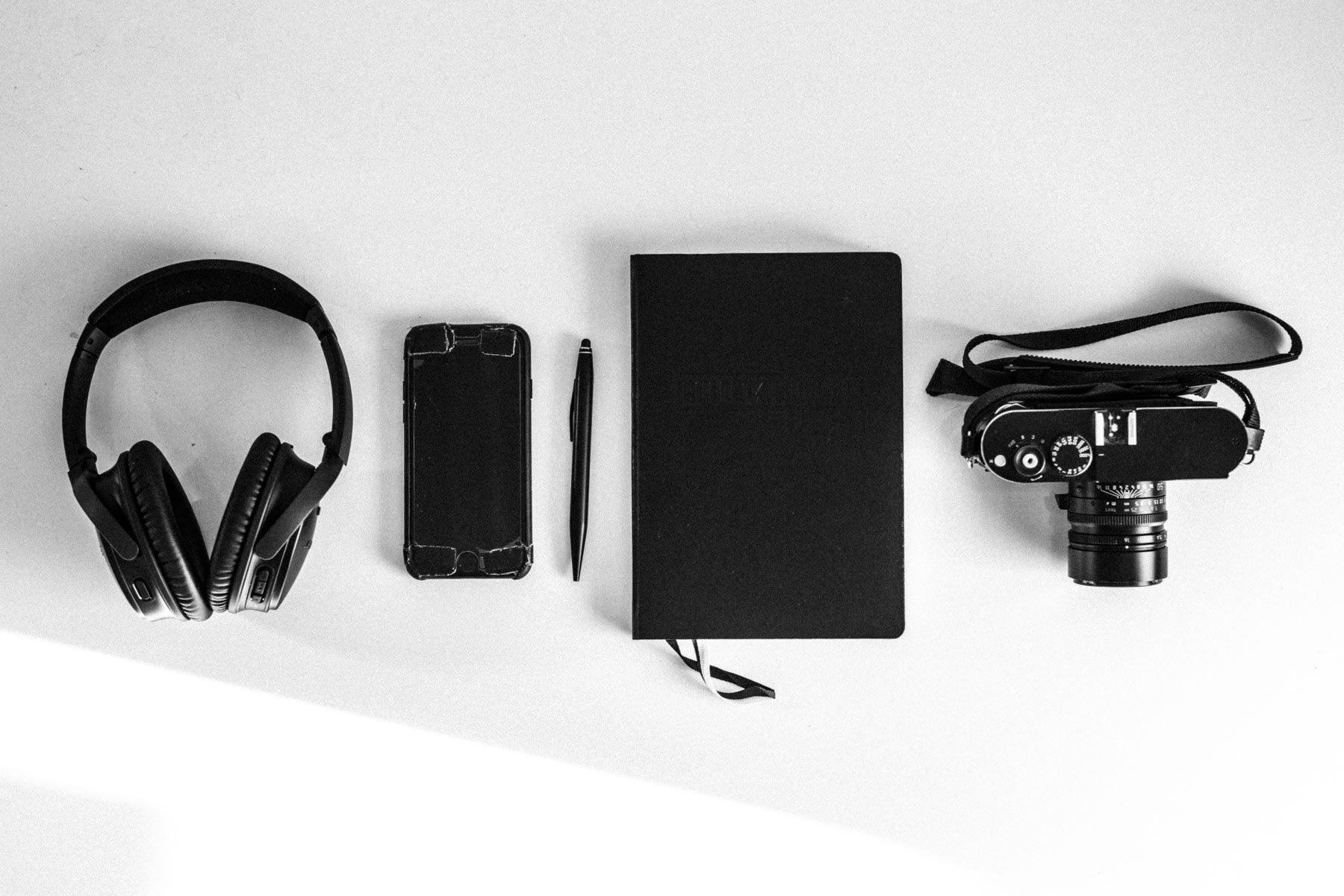
Is your camera obsolete
Pick up your camera, hold it, look at it, and ask yourself is my camera obsolete. Does it no longer achieve what I require from it? Chances are you can think of a few things your camera needs. But if you're being honest with yourself you're just comparing your current camera with another. We all compare, we all want something someone else has. We want abundance, more, the newest shiny whatever. But when you think about purpose, function, getting the job done. Do you really need that new camera or camera model upgrade?
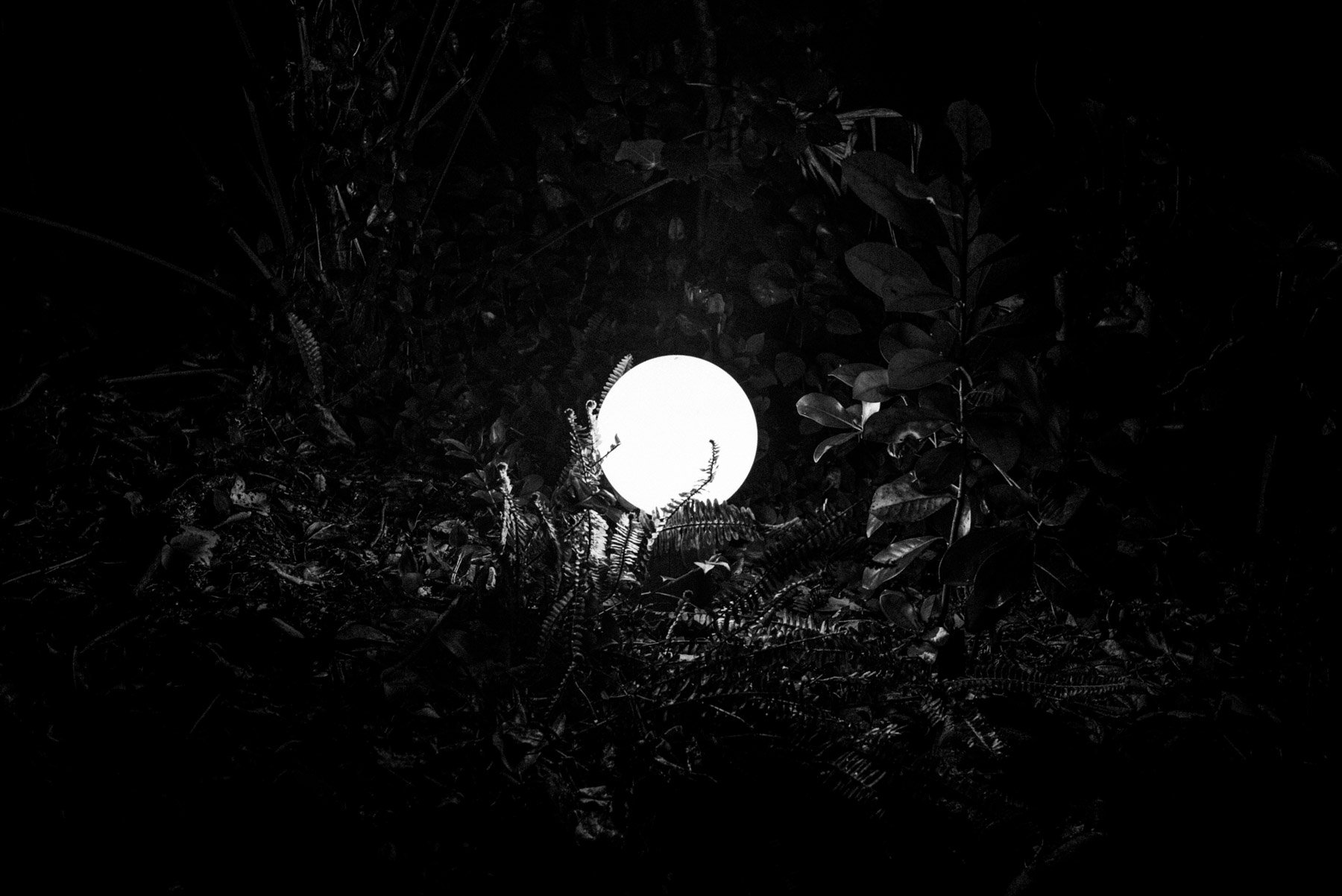
Your perception is everything
Photography is about perception, not gear. Imitating or doing an iteration of someone else’s work is a quick way to a dead-end. Whilst replicating someone else’s work is a great way to learn technical skills, it's nothing more. Instead, focus on developing your own perception, that's the true road towards your own unique body of work.
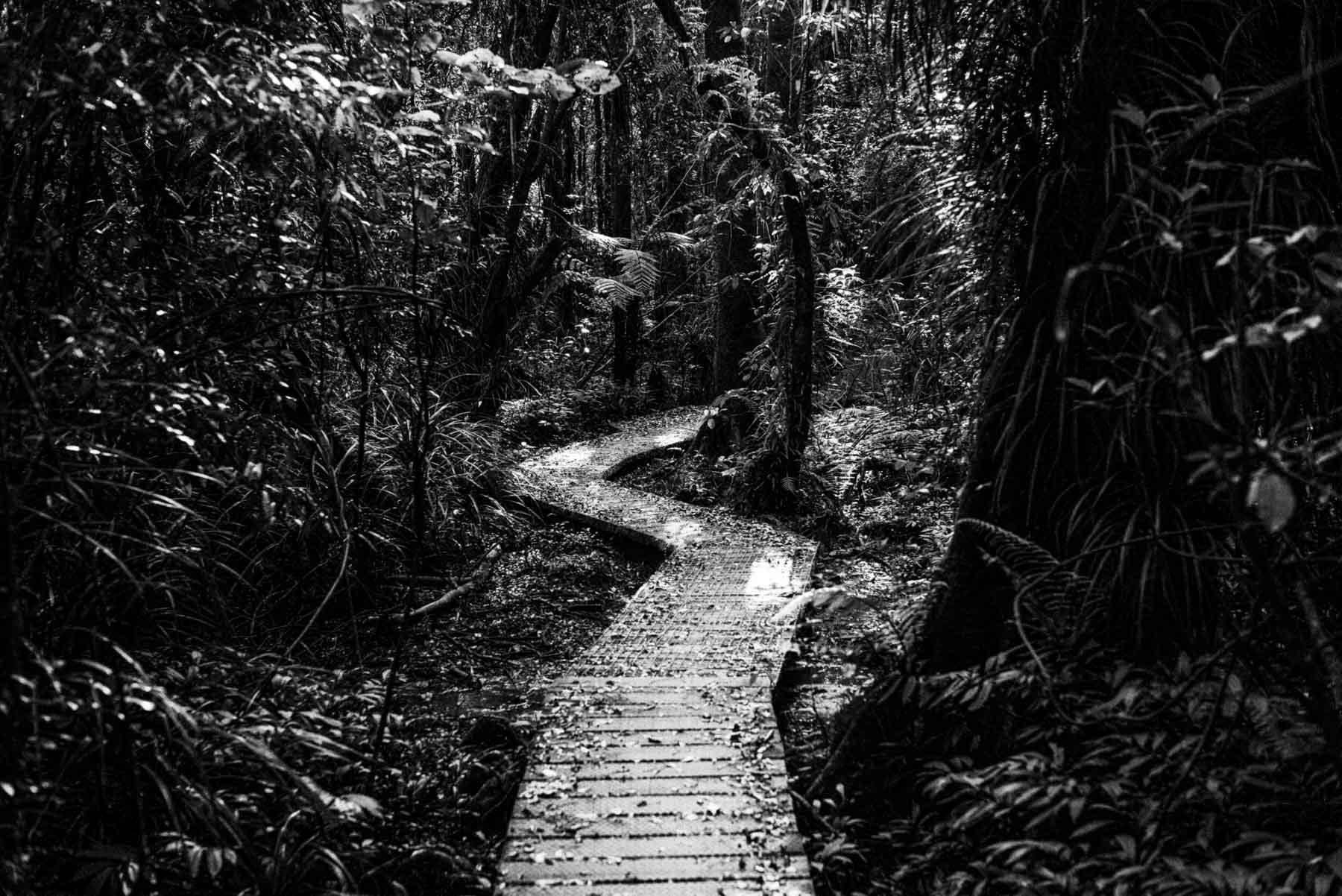
The path to Mastery
I believe that we all have our own creative process. Our own unique way of producing our work. Be it getting inspiration, putting in the hours or through skill and discipline. The way we do something is ours and ours alone. But we all go through the same hurdles towards becoming a master of our craft. Novice, Student, Expert, Master.

The Pomodoro Technique
The Pomodoro Technique is a time management method used to help you be productive by breaking down your tasks into 25 minute increments. This time management method makes tasks less intimidating or unattainable. I’m using this technique right now, to help me write this article on it and about methods for being more productive.
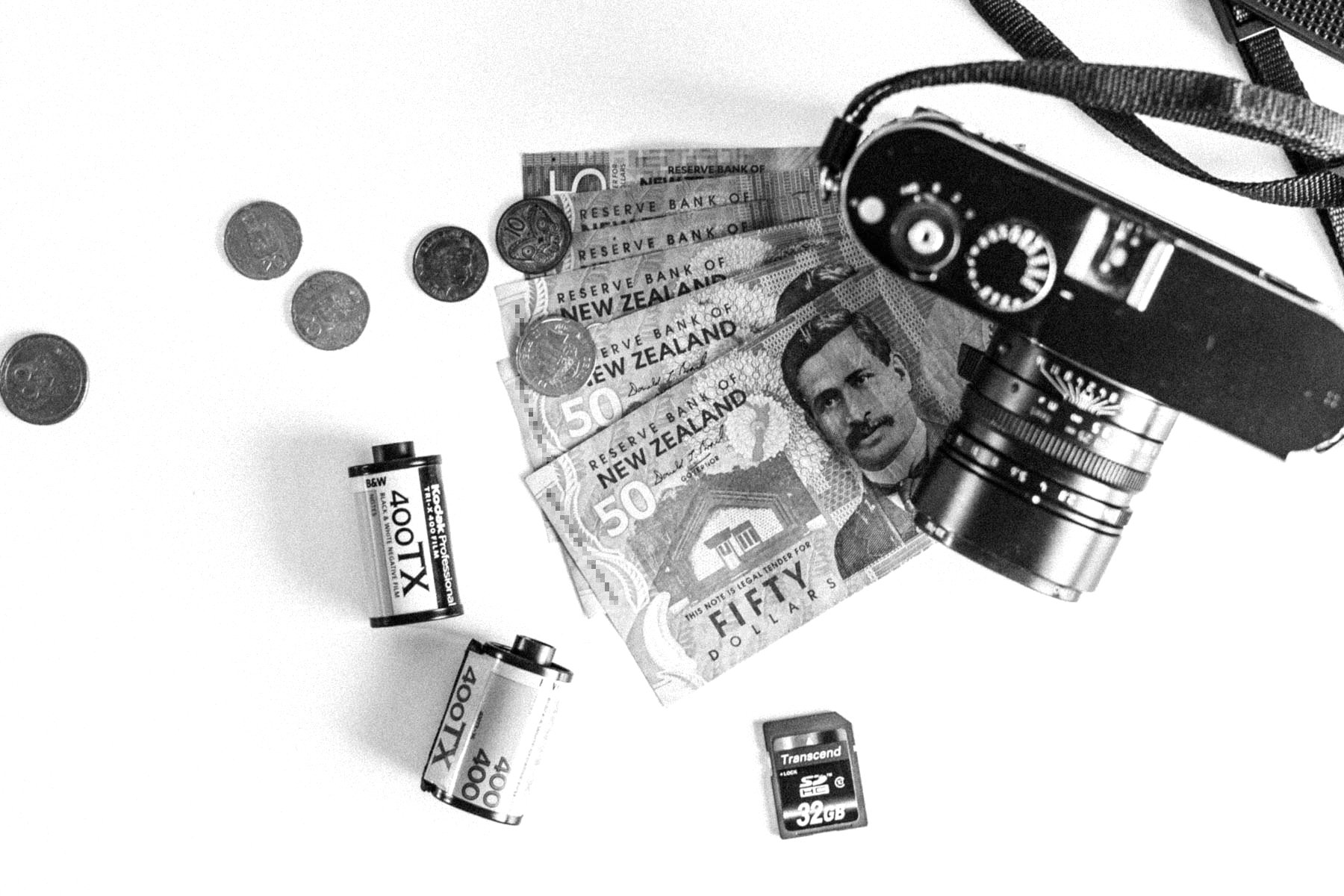
The problem when you work for money
I’m a full-time photographer, I take photos for a living. It’s my main source of income. Its how I pay the rent, keep the lights on and put food on the table. The problem when you work for money, specifically when you get paid for your photography, is that you are no longer in full control.I bet a lot of you will counter-argue that you get to choose your clients, and you get to express your creativity. How and what you shoot and what you let out into the world is filtered through you. I get that, your not wrong. But when you exchange your services for some kind of transaction there is an expectation, and agreement, and understanding or contract. Agreeing to provide your services instantly limits you. Now limitations are great, they help creativity, they force you to think outside the box. But getting paid for your services also pigeonholes you into a specific expectation. You no longer have freedom.
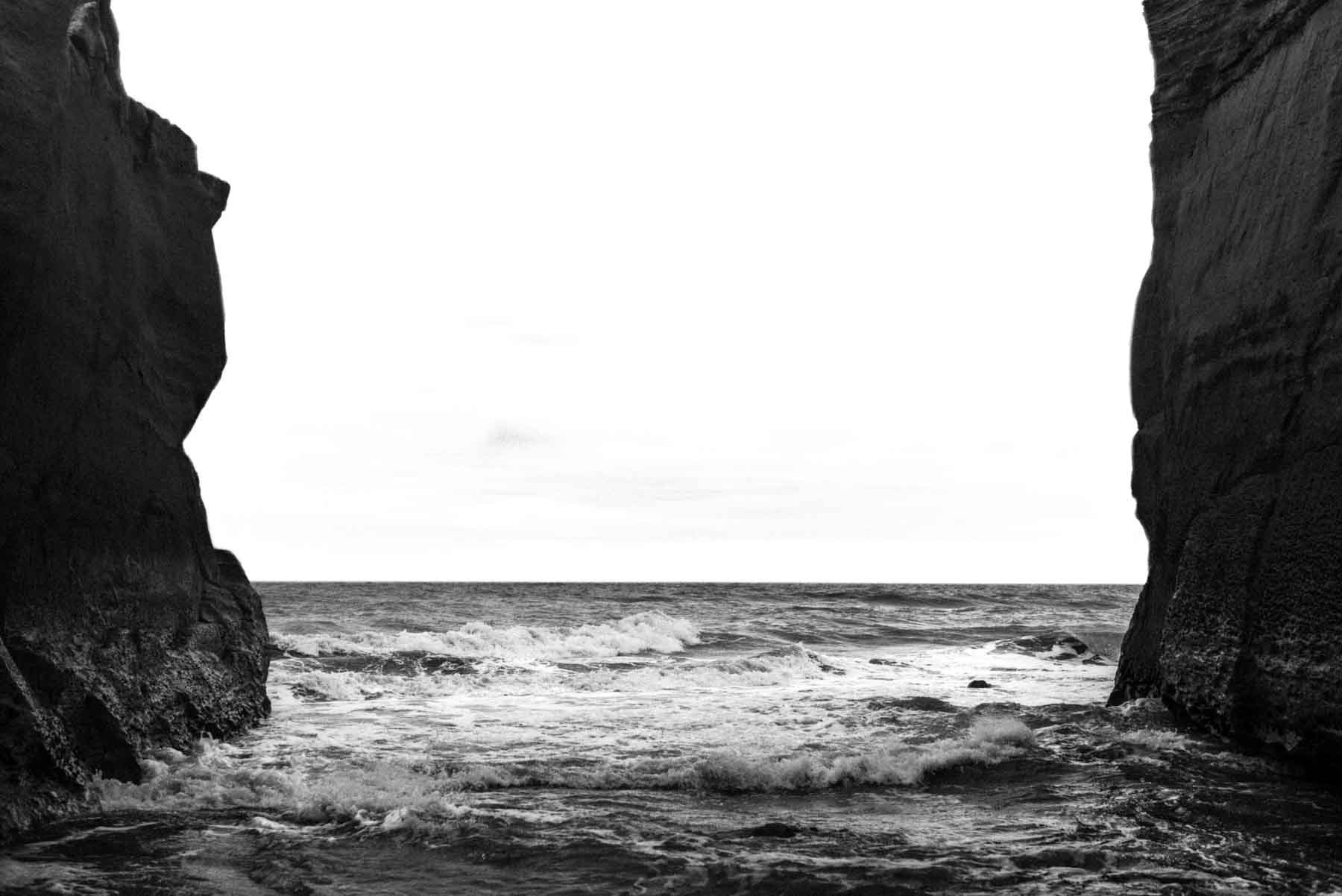
Limitations
I stumbled upon a wonderful quote about creativity when I was reading a book about waiting. “The enemy of art is the absence of limitation.” - Orson Welles. I instantly related to this quote and how it affected my photography through analysis paralysis.We live in a time of wonderful abundance. An era where if you have the means you can own almost anything. We live in a time where people keep creating things to make our lives easier, faster and more instant. With this abundance of choice our first obstacle isn’t starting something but rather how should we proceed.
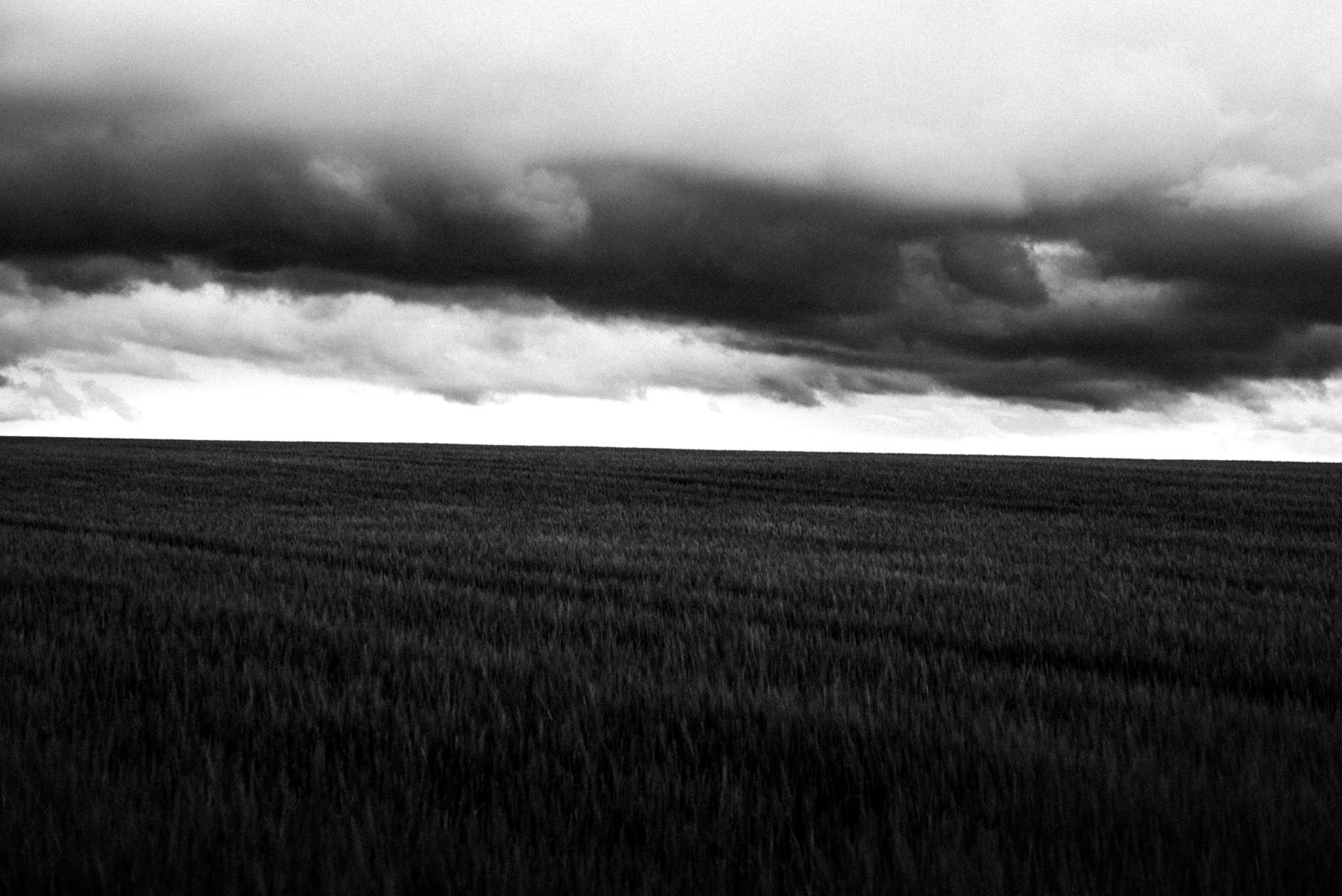
Minimalism and photography
Now before I get into it, I'm not talking about the aesthetics of minimalism in photography, I'm talking about the life choices and social movement of minimalism and its effect on me as a photographer.With that out of the way, I wanted to tell you that what I consider minimalism might not be your definition. There are so many iterations. Lifestyle, aesthetic, spiritual, bullet journal etc. But let me put you in the right mindset. The Minimalists define it like this.“Minimalism is a tool to rid yourself of life’s excess in favour of focusing on what’s important—so you can find happiness, fulfilment, and freedom.”
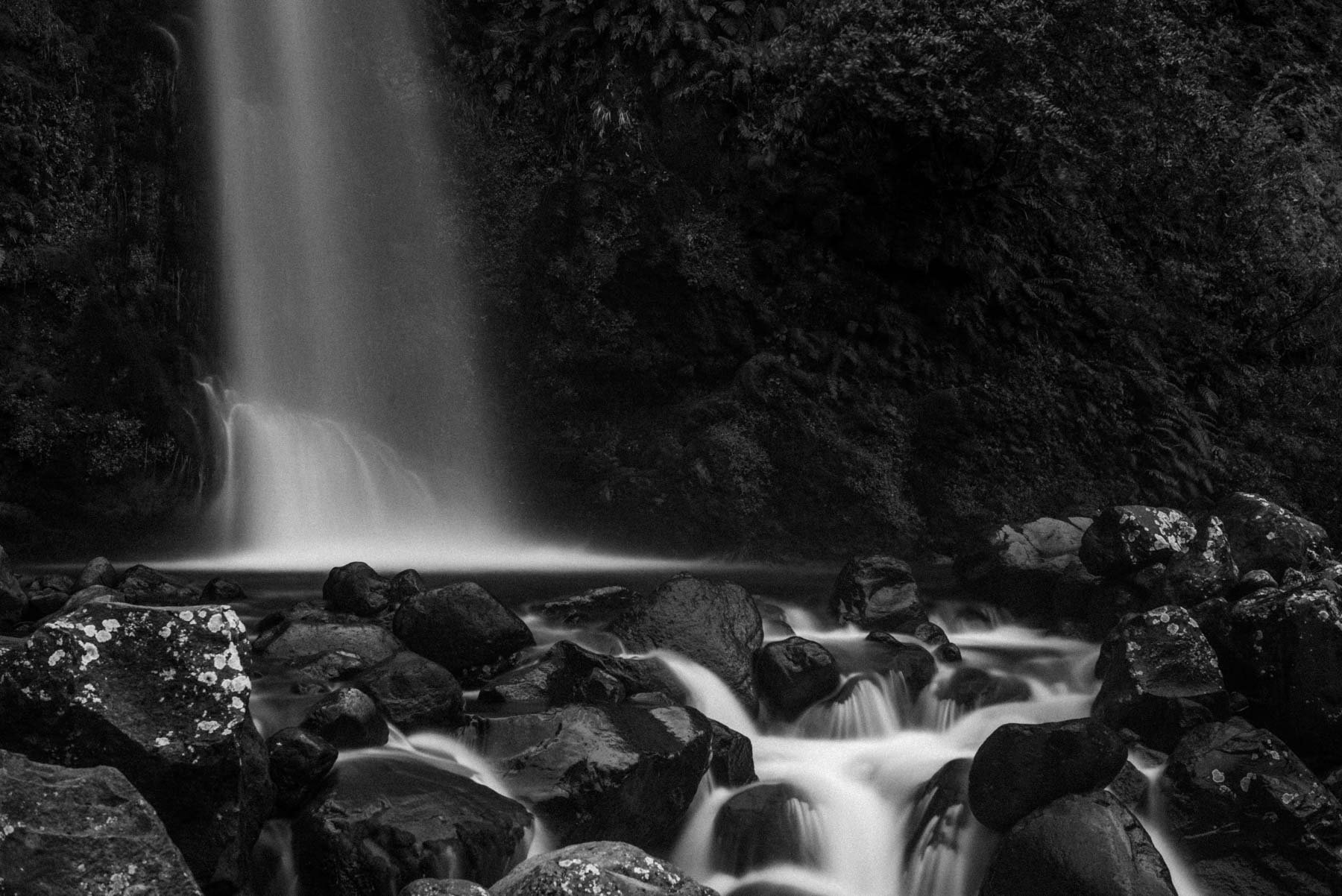
Forming habits
Let say you want to photograph, edit and upload a photo to Instagram every day of the week? That’s 365 photos, that’s a lot of work. How about 5 days a week. That's more achievable and gives you the weekend to take images and edit them for the whole week, rather than a daily commitment spanning the year. How about three images a week. That's doable, you could do that. How about one image a week, now that’s easy. That's where you start, with easy.
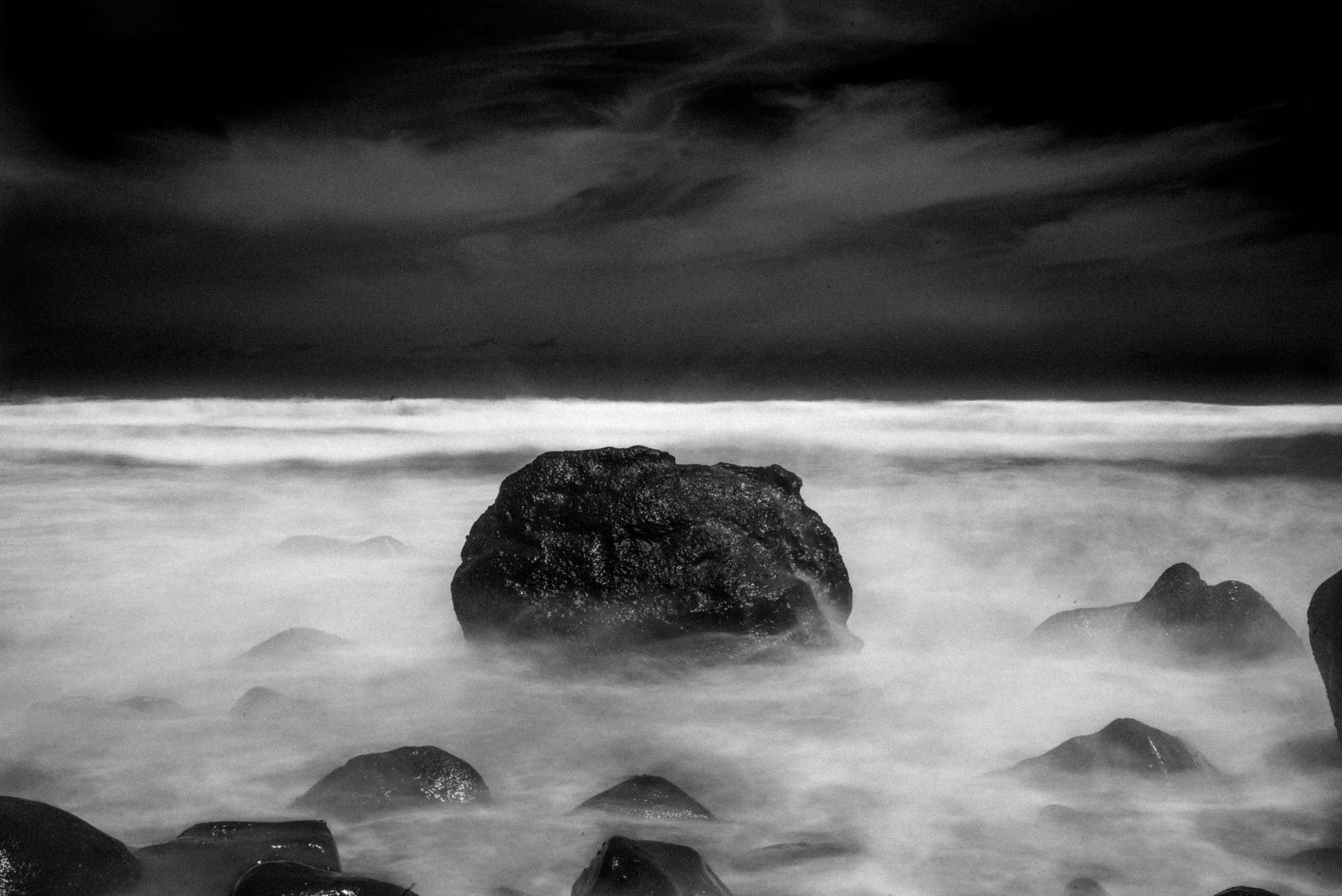
Photographing with less
Minimalism, Marie Kondo, tidying up, goodbye things, less is more. You might have heard of these things if you have ever scrolled through Netflix or Youtube. You might have even come across a few articles on social media referring to decluttering or getting rid of your stuff, or simple living. Minimalism is becoming a social movement, culturally recognised. We have a lot of items in our lives that don’t bring value (daily joy). I would like to enlighten you if I may about adopting this movement into your photography and to try photographing with less.

Productivity & Photography
I have two words for you Bullet Journal. Now you might be thinking what does journaling have to do with photography. One is writing and note taking, the other is making photographs and being creative. Photography takes a lot of technical know-how, as well as creativity. Creativity requires expression, ideas and a medium to showcase your thoughts and vision. Taking notes, be it in a notebook, iPhone, journal or napkin, reinforces your thoughts and ideas. Notes can help to achieve tasks. Whenever you get an idea you run the risk of losing it if you don't write it down. The Yin and Yan world of photography is left and right brain-dependent, balancing creativity and productivity, which fits perfectly with Bullet Journaling.
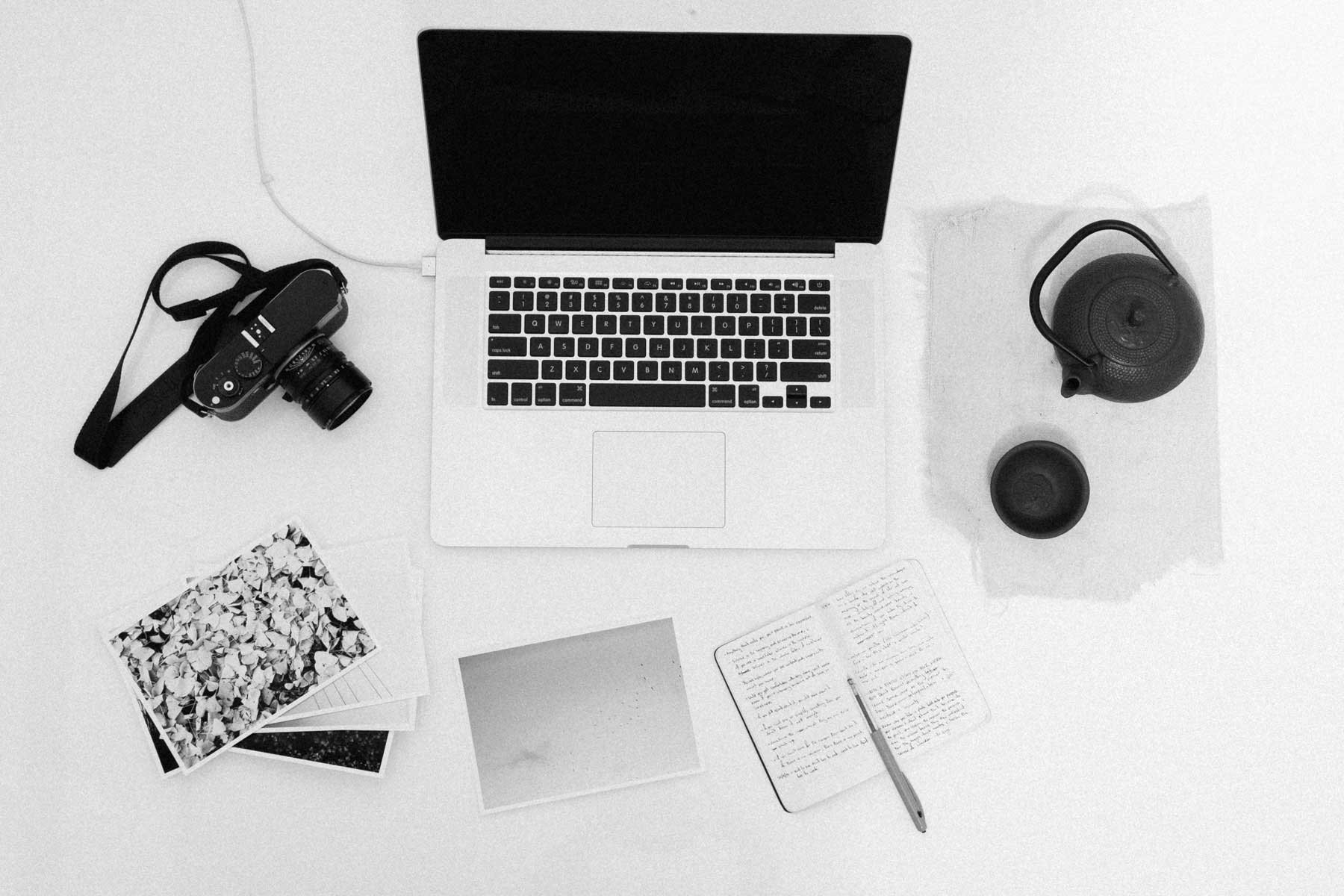
What if we all had the same gear?
What if you had the same camera, lighting and subject matter as everyone else. A groundhog day for a photographer so to speak. If we all have the same gear what would make you different? “Imagine you had no way of visually showing someone any of your work, and they ask you to describe what you’re about, not your genre, but what is the essence of what you’re trying to achieve?” This quote from Katy Niker is something we should all think about and consider when pressing the shutter button. What is it that you're trying to achieve beyond visuals?
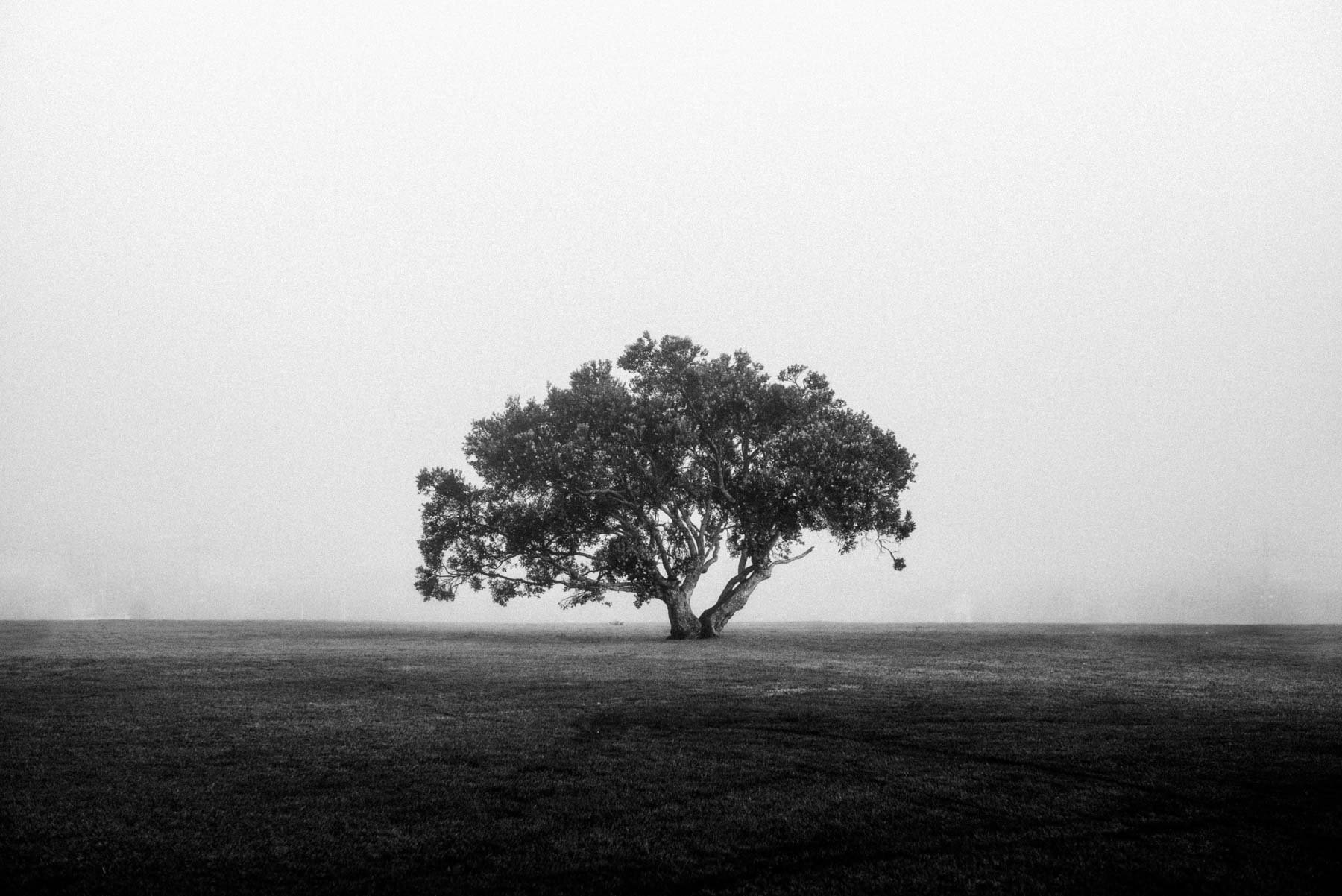
Supply and demand
We all know the importance of photography. Be it journalisms role in changing the world. To a wonderful moment captured of someone's special day. As photographers, we value our craft and the importance it has in our lives. But the market is valuing it less and less. Why is that? What is happening? Bear with me on this analogy but photography is like water. Without water, we wouldn't be here, its one of the most valuable resources on this earth. But for some reason it's cheap. That's because it's abundant, it's everywhere and accessible to almost everyone, which drives down the cost and value of it. Much like photography is today.
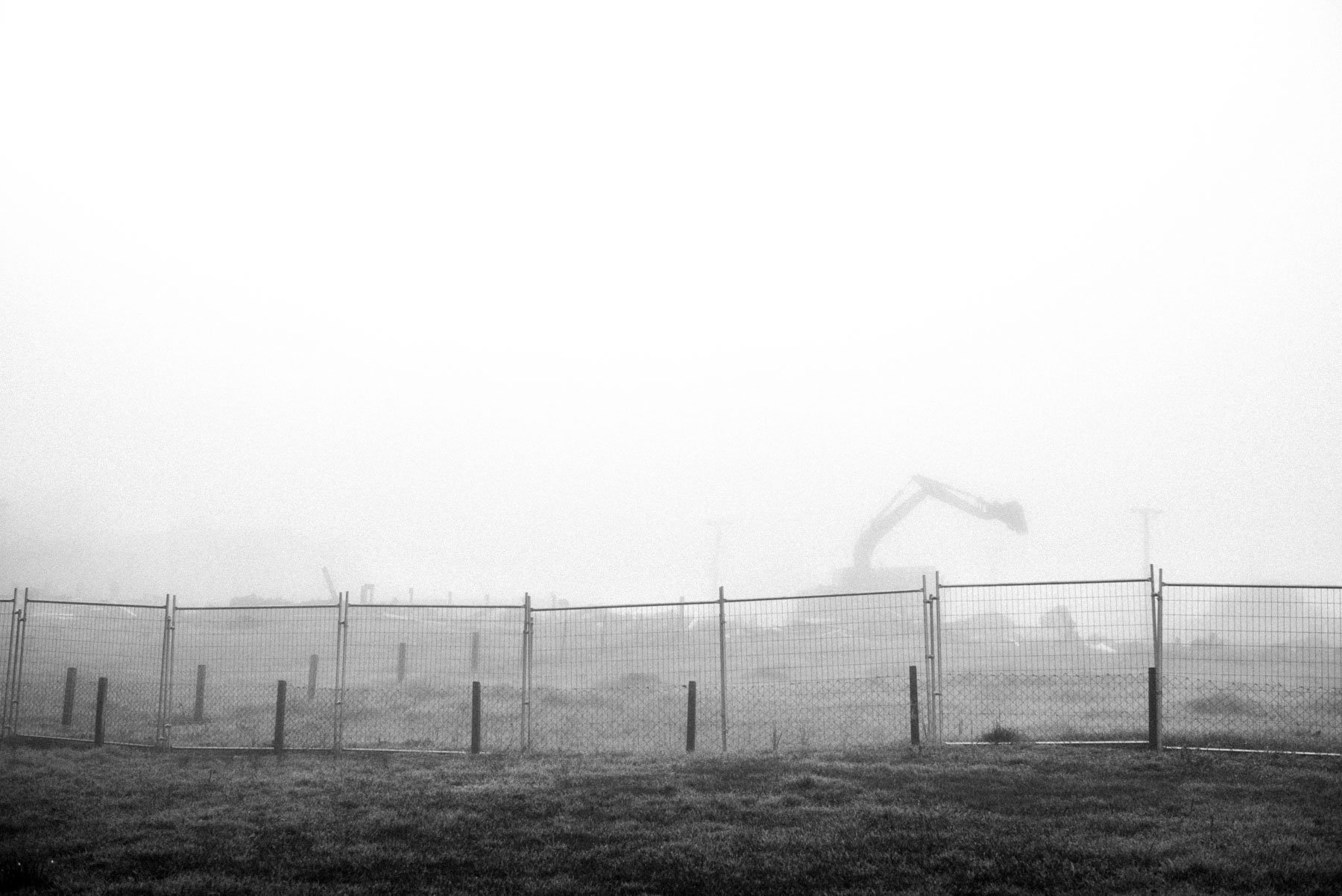
The journey to mastery
We are a generation that was raised on the short term gratification of TV & the internet. We think and believe we can have anything right now. If we can’t, we google search for a hack to hurry the process and get there sooner. This subconscious influence from TV and the internet is what makes short-term gains so appealing. Why wait when I can have or do it right now.
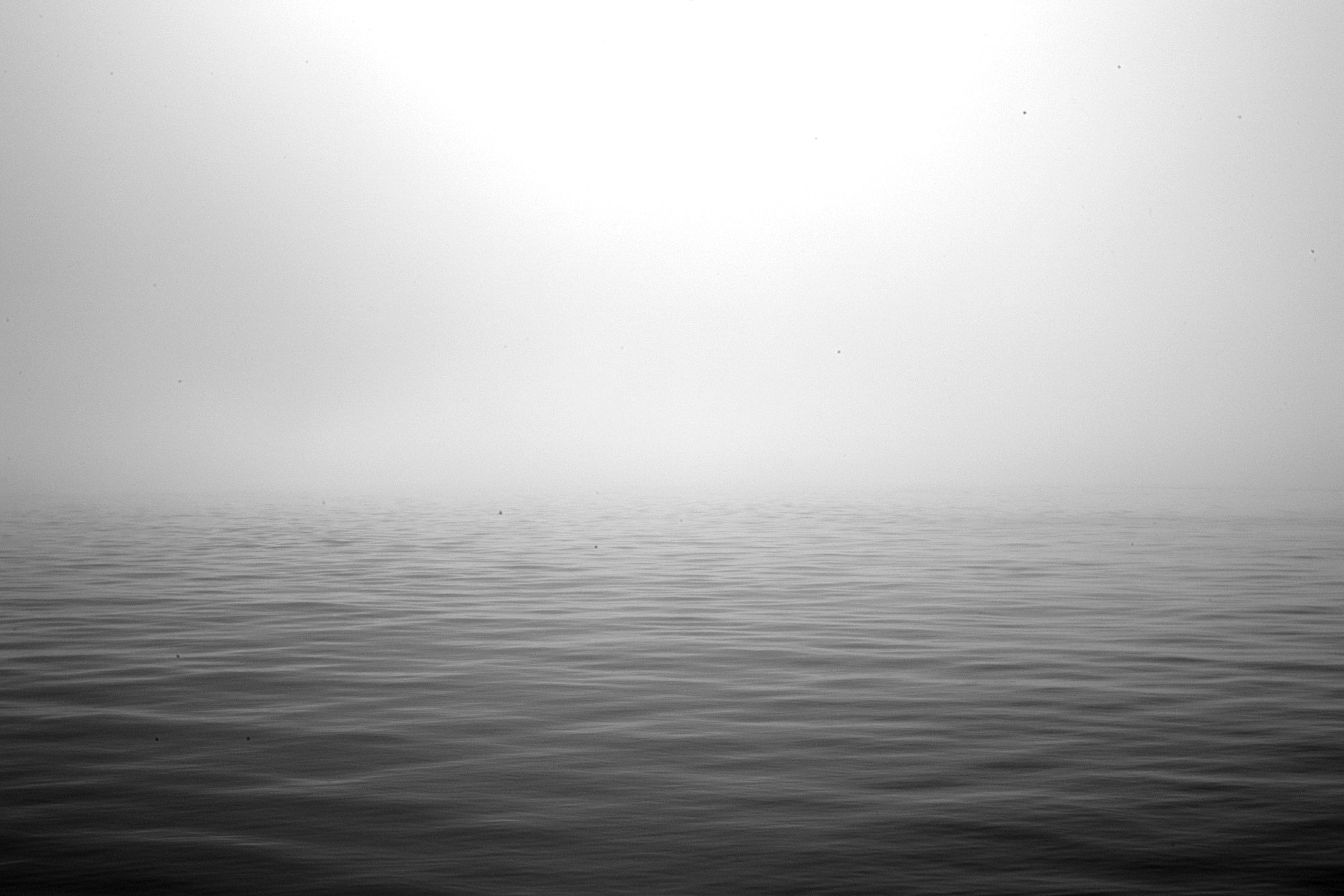
How putting down the camera made me a better photographer
Straight off the bat, this sounds counter-intuitive. After all its through practising and doing that progresses our skills as a photographer, this is true. In contrast, stepping away from the camera or putting it down, I have noticed something that wasn't there before and that skill helped improve how I photographed.